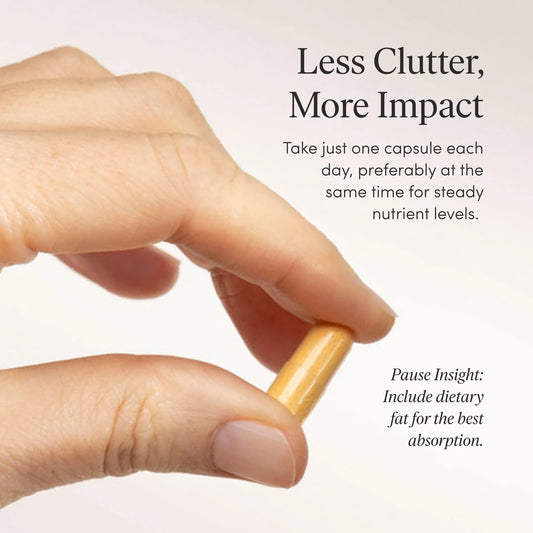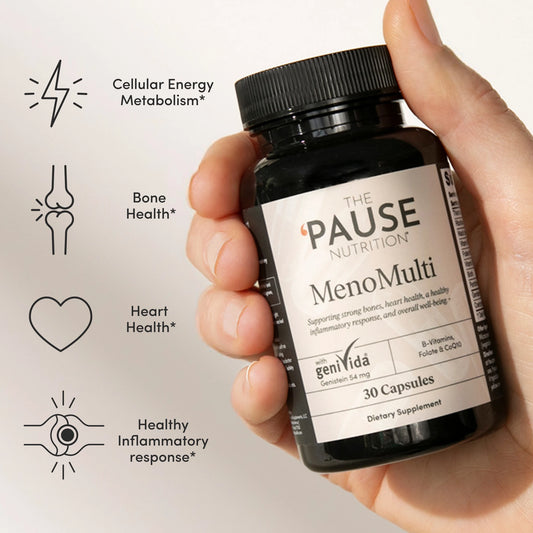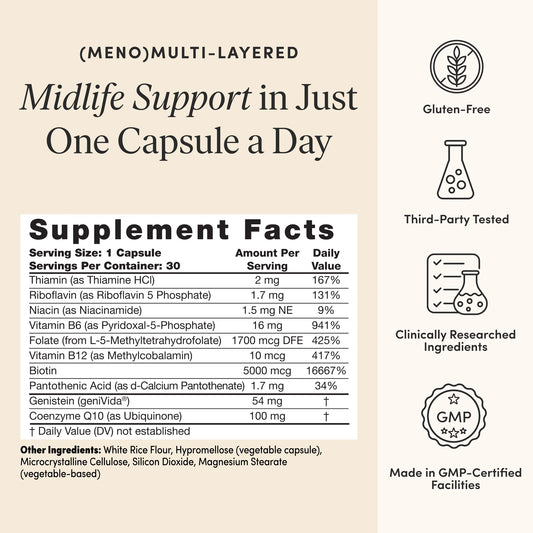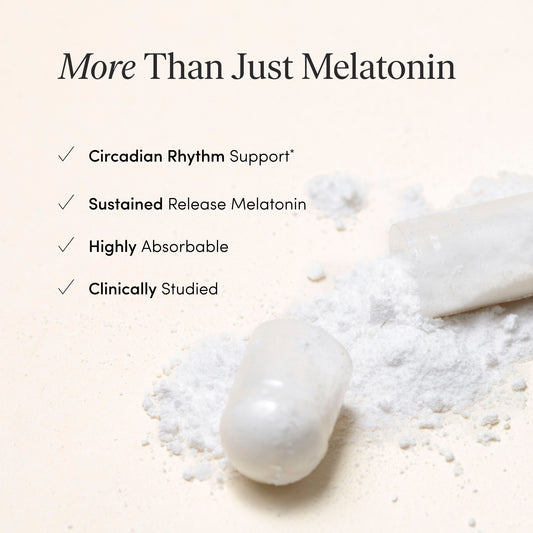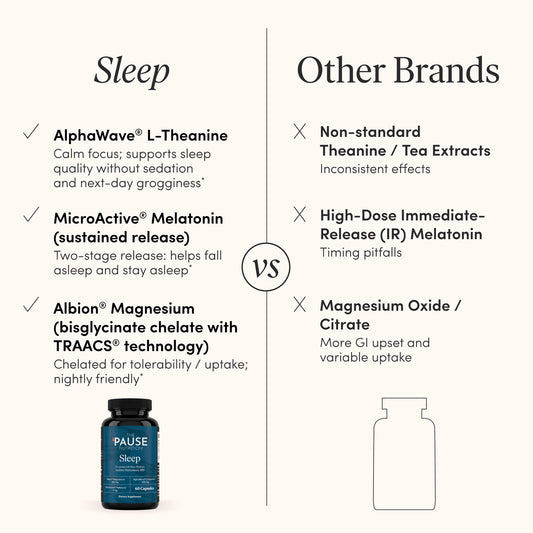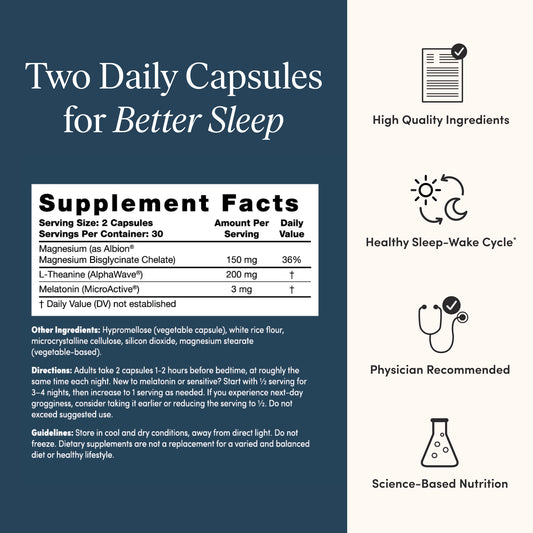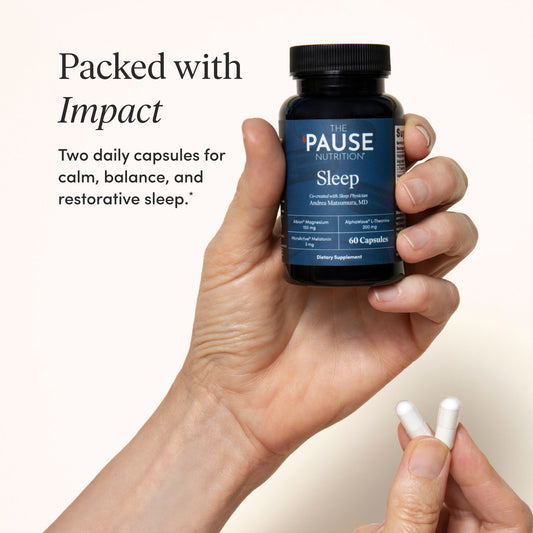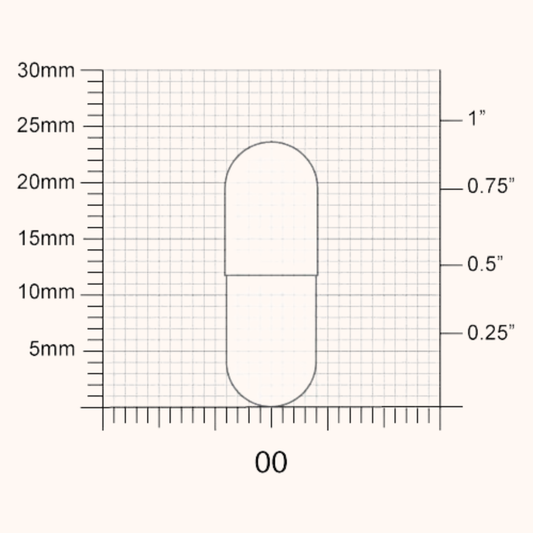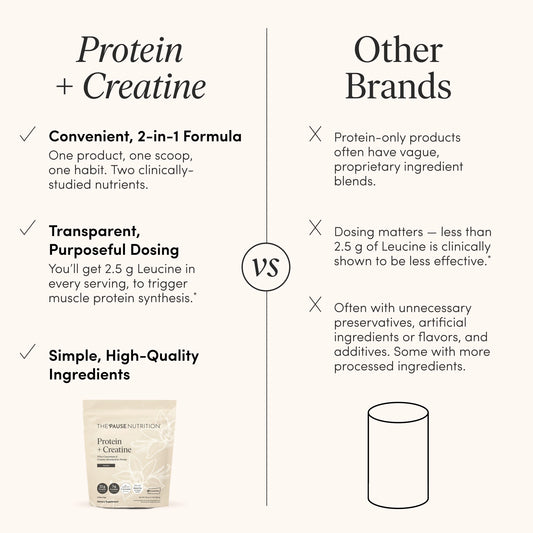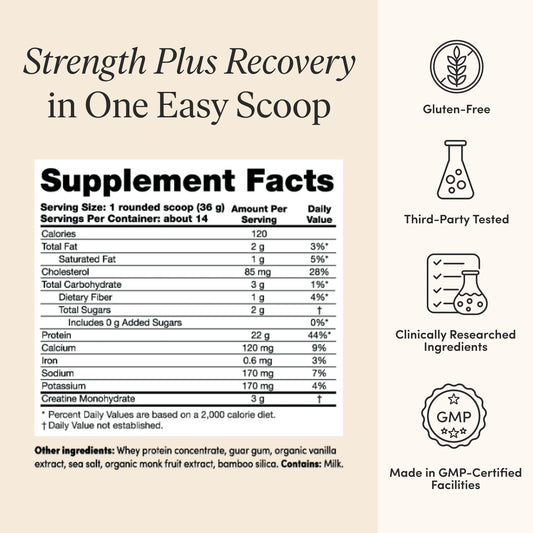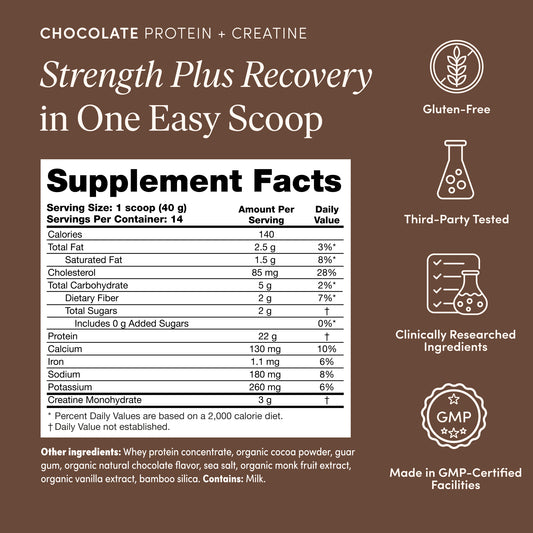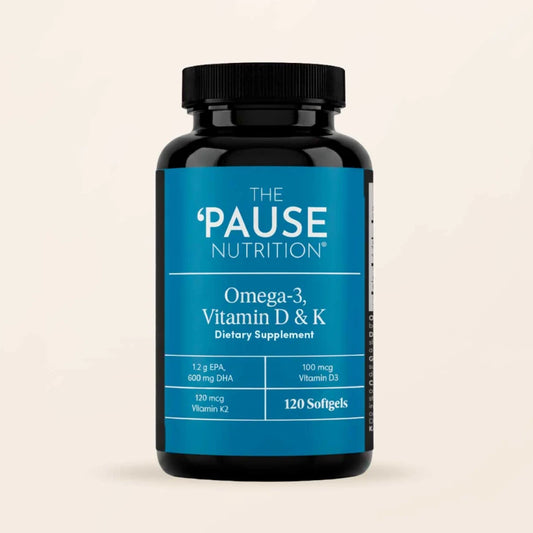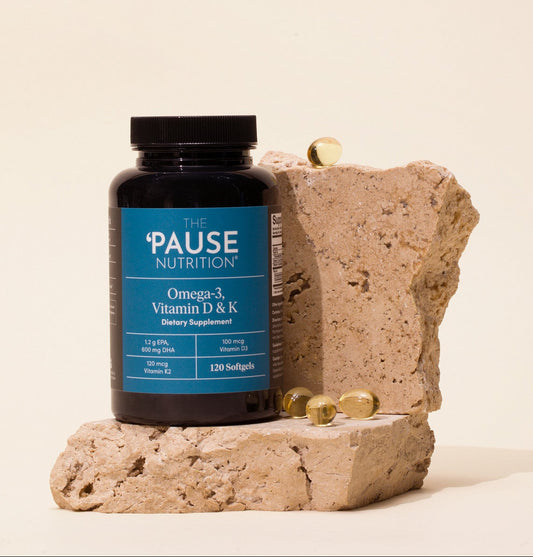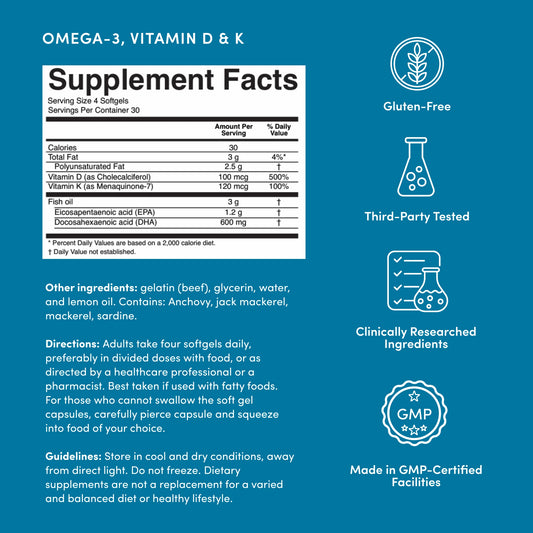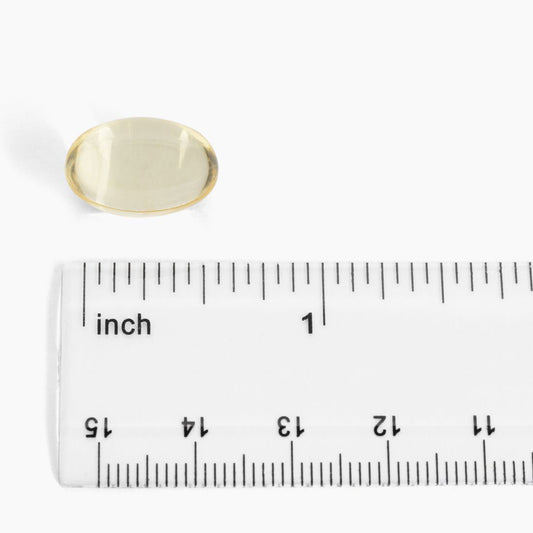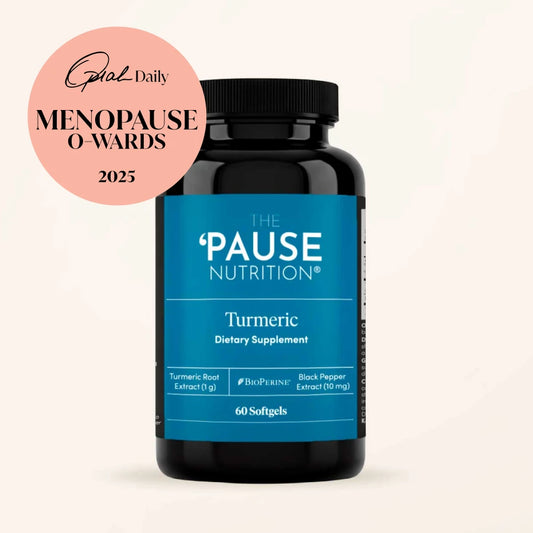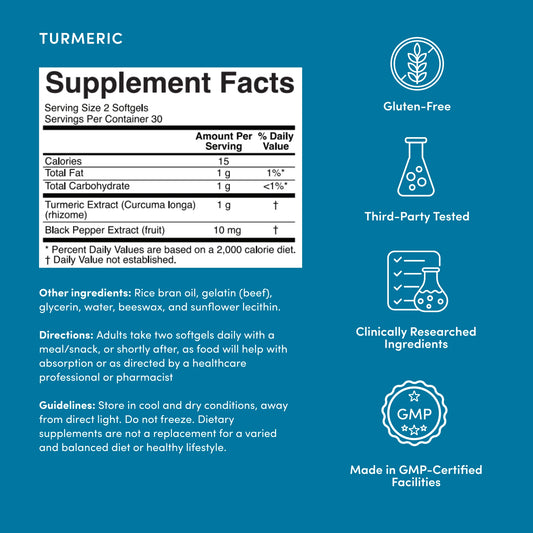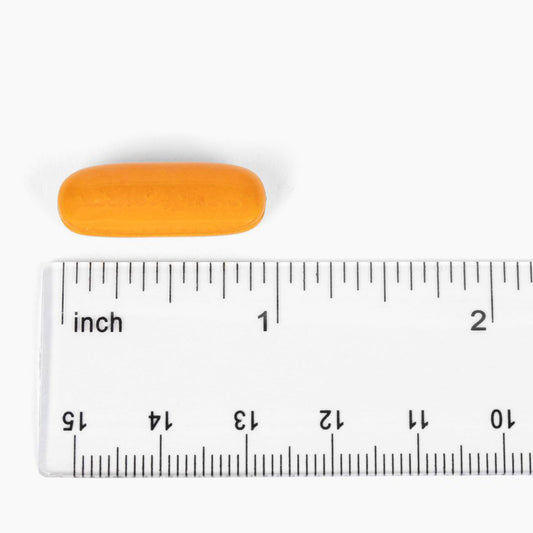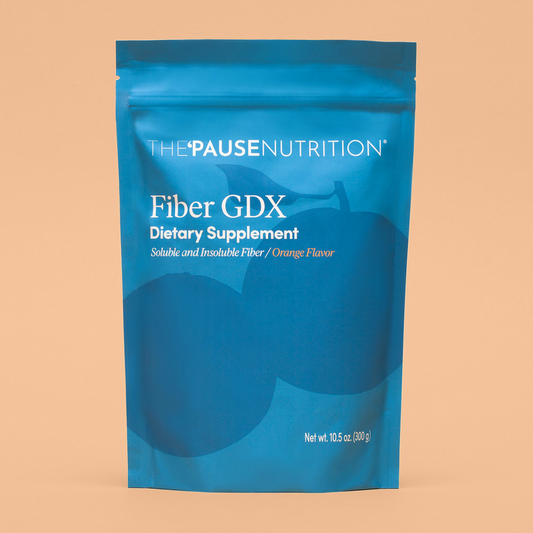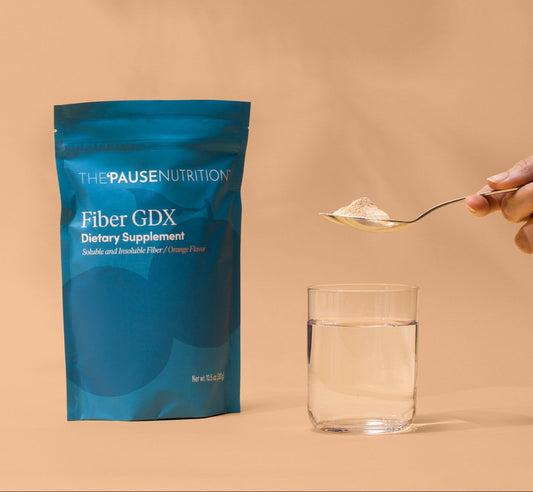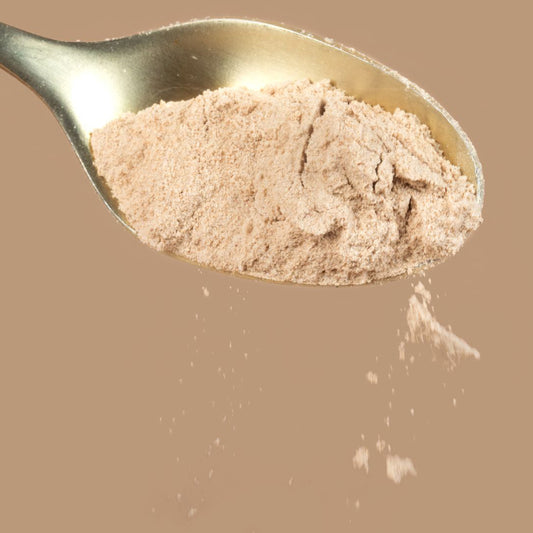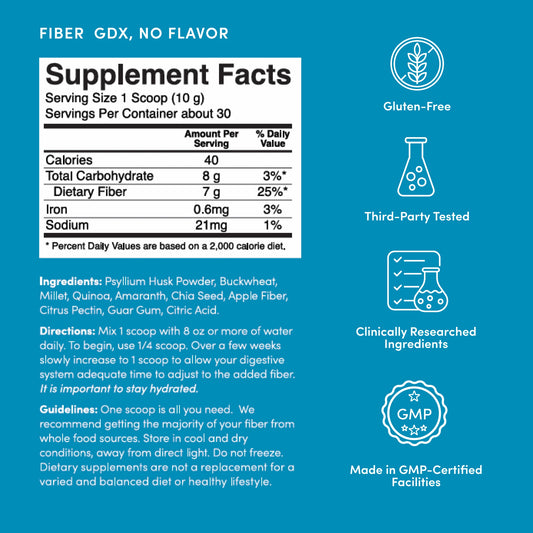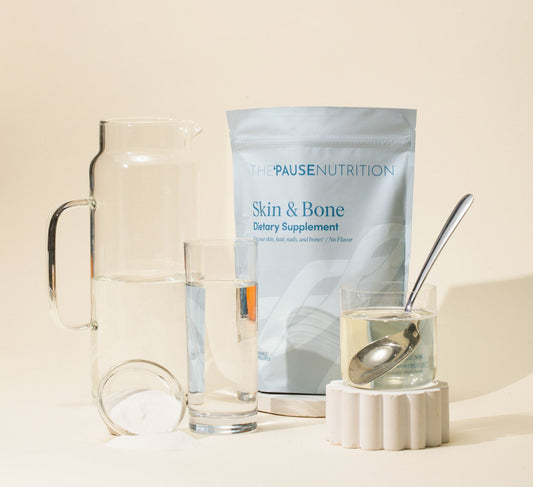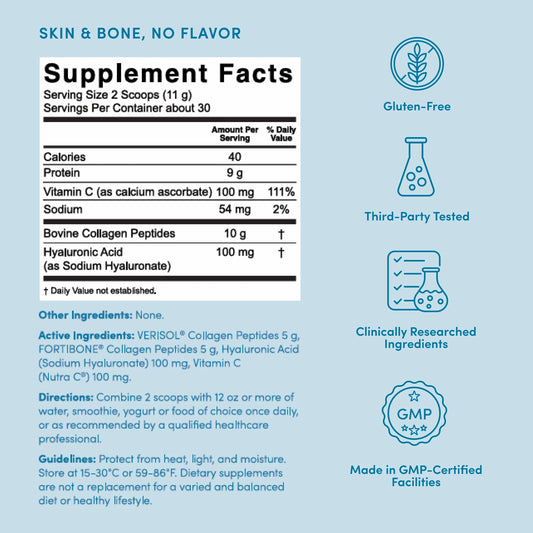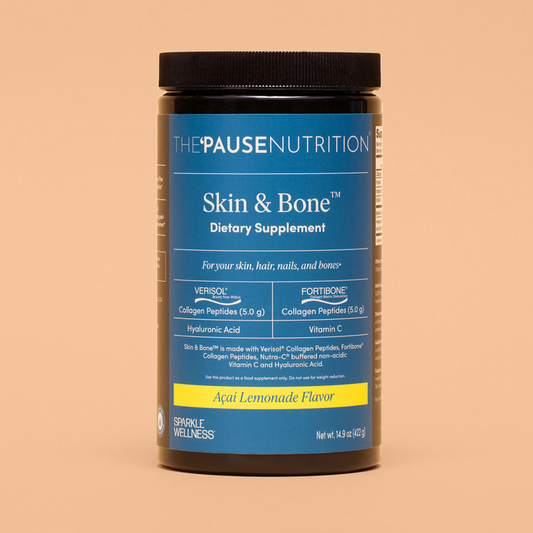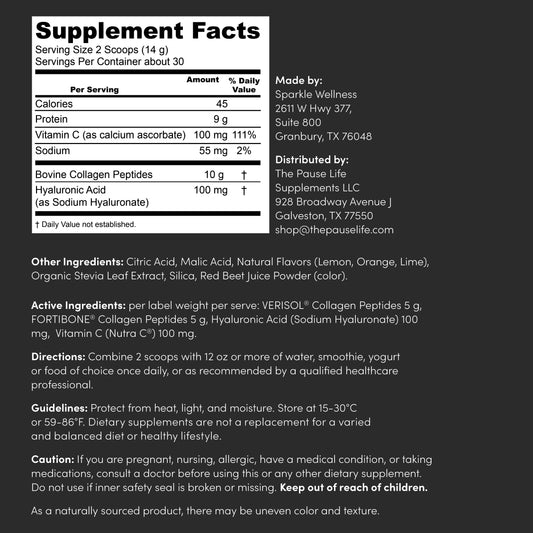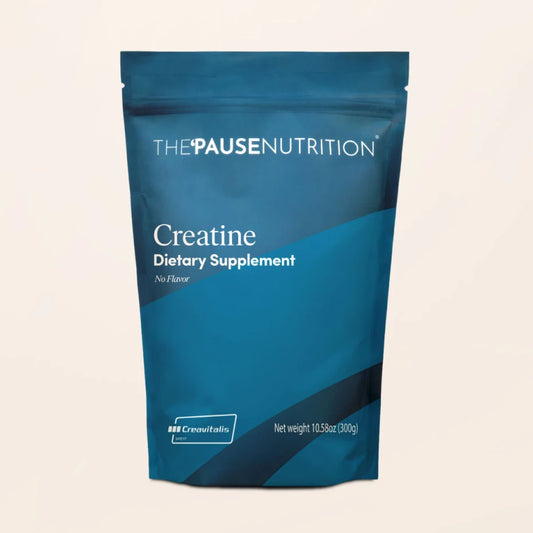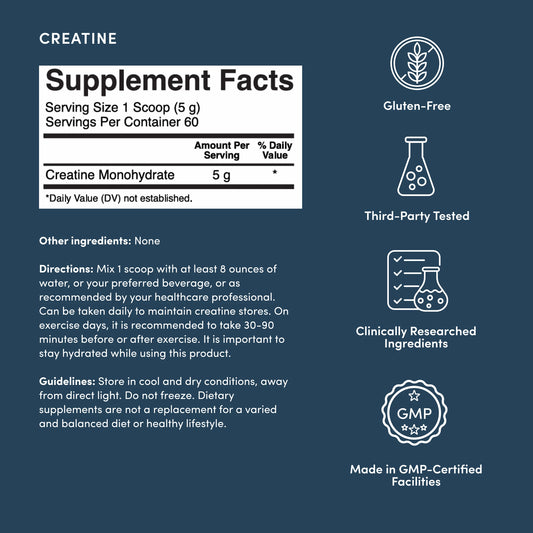ADHD & Menopause
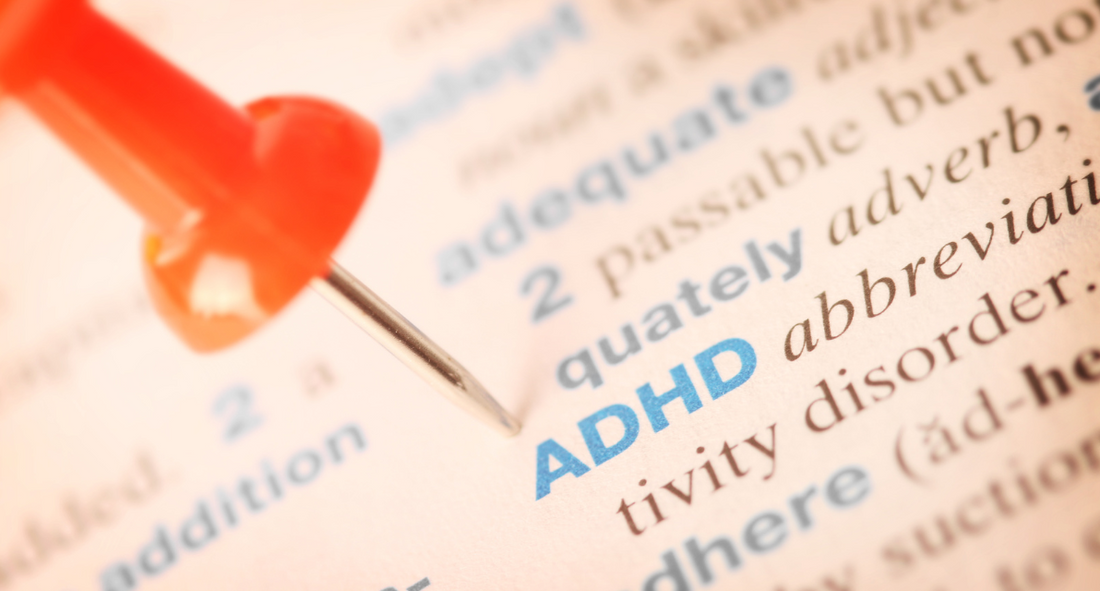
Share
I’m frequently asked about the relationship between attention deficit/hyperactivity disorder and menopause. Women with diagnosed ADHD who observe an increase in symptoms during perimenopause want to know if there’s a connection. And others who experience new struggles with focusing, excessive restlessness, forgetfulness, and more near the menopausal transition want to know if hormonal changes have caused ADHD. We have limited science exploring the link, but what we do have suggests that hormones most certainly play a role.
The Evolving Understanding of ADHD in Females
Attention-deficit/hyperactivity disorder, commonly known by the acronym ADHD, is a neurological condition associated with disruptive patterns of behavior. ADHD is often associated with symptoms of hyperactivity and impulsiveness, and has historically been considered a male disorder. However, girls and women have - and indeed are affected by - ADHD, and their symptoms may be different than what is typically seen in boys and/or men. These symptoms can include difficulty paying attention, low self-esteem, anxiety, depression, and feelings of underachievement. Because of this difference, girls and women with ADHD may initially receive an incorrect diagnosis.
How Hormones Play a Role
It’s well established that hormones affect brain function, and estrogens specifically impact the release of the neurotransmitters serotonin and dopamine. When hormones begin to fluctuate in perimenopause, it can alter levels of these key neurotransmitters and contribute to mood changes and cognitive difficulties. A decline in dopamine is related to ADHD, whereas lower serotonin is related to depression.
In individuals without ADHD, less dopamine can lead to difficulties with concentration, focus, and task completion, and contribute to increased feeling of “brain fog.” In individuals with ADHD, this change in the brain’s biochemistry can make these same symptoms (among others) more severe.
Seeking Symptom Improvement in Menopause
We don’t actually know how many menopausal women are newly diagnosed with ADHD because the symptoms of menopause can be very similar. ADHD and menopause can cause mood swings and irritability, and bring about changes in executive function, which is a set of cognitive skills that control focus, emotions, memory, and more.
In both ADHD and menopause, symptoms may arise as a result of changes to neurotransmitters. And improvements may be seen if neurotransmitter levels can be normalized.
What I have seen is that most of my patients who come in complaining of changes to executive function experience improvement when they start menopausal hormone therapy (MHT). It’s likely that replacing estrogen with hormone therapy may help increase levels of serotonin or dopamine, thereby reducing symptoms.
If you are not a candidate for MHT, ADHD medications may be something you want to talk to your doctor about. Two recent articles looked at treating women who presented with executive function deficits in menopause with ADHD meds. The first article, published in the journal Neuropsychopharmacology, looked at the use of Lisdexamfetamine in healthy menopausal women with noted cognitive difficulties. The second, appearing in Menopause, studied the use of atomoxetine in perimenopausal and menopausal women without a history of ADHD who had reported difficulties in memory, concentration, and attention. In both cases, the study participants reported a noticeable improvement in their symptoms.
The bottom line is that if you are perimenopausal and you’ve noticed an increase in cognitive difficulties, whether you have diagnosed ADHD or not, you are not imagining things! Fluctuating and declining hormone levels have proven to cause changes in neurochemistry. If your symptoms are disruptive and negatively impacting your quality of life, you will want to discuss treatment options with your doctor as soon as possible.


















